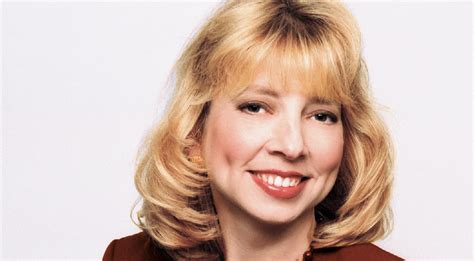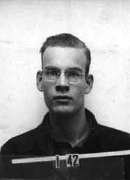A Quote by Tom Peters
Ultimately, I think that the growth and sustainability of the e-book movement depends on authors and end-users (readers).
Related Quotes
We're in the media business today. We're in the business of helping authors and publishers market their books to readers. And that's where we make our money. We sell book launch packages to authors and publishers and really help accelerate, build that early buzz that a book needs to succeed when it launches and accelerate that growth through ads on the site.
With apologies to the green movement, "sustainability" is a myth. History and archaeology show that societies are always moving to the edge of crisis, "falling forward" through growth, but then responding often successfully to the problems created. What we can hope for is that with a somewhat more controlled level of growth, and with longer-term preparations for change, we can keep responding to the inevitable smaller crises, as they arise, and continue to postpone until later and later the, perhaps ultimately inevitable, end of our civilization.
Authors and publishers want fair compensation and a means of protecting content through digital rights management. Vendors and technology companies want new markets for e-book reading devices and other hardware. End-users most of all want a wide range and generous amount of high-quality content for free or at reasonable costs. Like end-users, libraries want quality, quantity, economy, and variety as well as flexible business models.
Without the book business it would be difficult or impossible for true books to find their true readers and without that solitary (and potentially subversive) alone with a book the whole razzmatazz of prizes, banquets, television spectaculars, bestseller lists, even literature courses, editors and authors, are all worthless. Unless a book finds lovers among those solitary readers, it will not live . . . or live for long.
A reader is entitled to believe what he or she believes is consonant with the facts of the book. It is not unusual that readers take away something that is spiritually at variance from what I myself experienced. That's not to say readers make up the book they want. We all have to agree on the facts. But readers bring their histories and all sets of longings. A book will pluck the strings of those longings differently among different readers.
The challenge is always to find the good place to end the book. The rule I follow with myself is that every book should end where the next book would logically begin. I know that some readers wish that literally all of the threads would be neatly tied off and snipped, but life just doesn't work that way.
There are many readers of the book, who don't know anything about the authors and the artists. There is more than one author. It doesn't matter, if you can't make the reader dive into the story and surround him with that environment and those characters. That's an experience that lasts longer than figuring out who did what. I think that's what makes our working relationship better, it helps us to make a book that feels unique and not like different voices.
There are authors like David Foster Wallace or Raymond Chandler - with voice-based authors I might end up a completist, because what I love about them isn't just the particular construction of one novel or another but their flavor. There is an Austrian writer, Thomas Bernhard, as well. One book is not necessarily greater than another book, but they just have this incredible, unique voice, so it doesn't really matter which one you read.



































